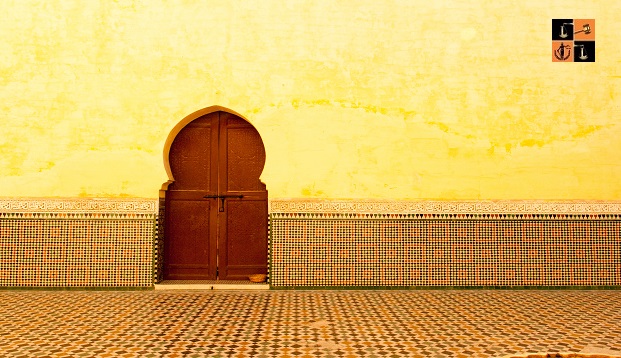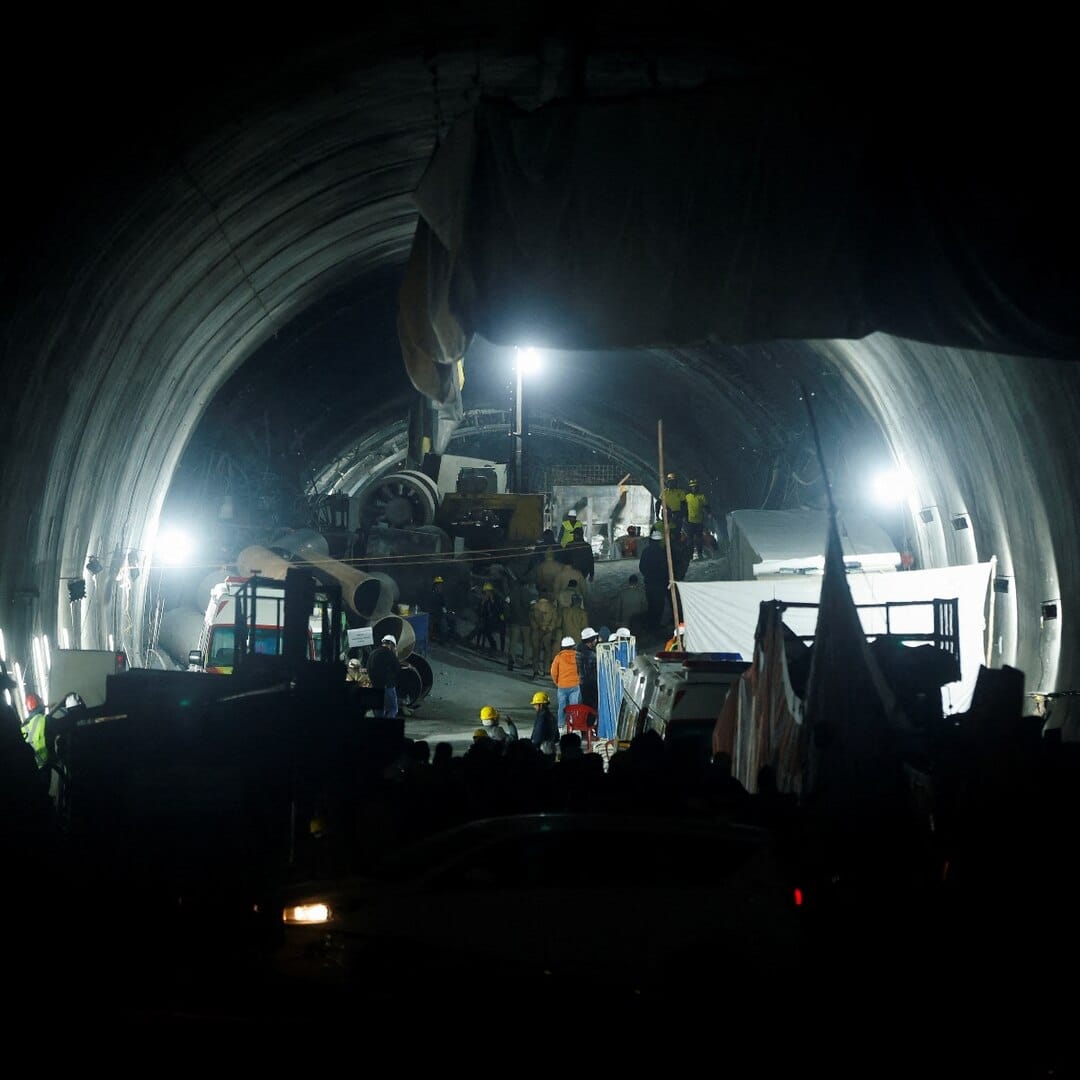The BJP Government has passed the Waqf (Amendment) Act. Under the guise of promoting ‘inclusivity’ and reducing corruption, the Modi regime is instead seeking to whip up religious division and confiscate wealth.
A ‘waqf’ is a form of charity, codified under Islamic law, although non-Muslims can also give waqf. It can consist of money, but also land and property, which cannot be sold or used for any other purpose. These endowments are managed by waqf boards at both the state and central levels, managed by Muslim representatives.
Waqf properties have accumulated over centuries and are worth billions. They represent the third-largest financial entity in the country, after the railways.
The first Act regulating such properties was established in 1923 under the British Raj. It was replaced by new legislation in 1995, which was intended to be replaced last year by an Amendment Act.
This was then referred to a Joint Parliamentary Probe, during which there were fiery arguments by MPs. Initially, the Act was tabled in parliament without dissent notes, but this was reversed following a further furore. After intense debate for three more days, the Act was finally passed in both the upper and lower houses.
It contains some superficially progressive wrapping paper. For instance, it contains provisions for women to sit on waqf boards, and demands that these bodies should include non-Muslim members (which is not demanded of the Church, nor Hindu and Temple authorities). But the government’s real intentions are clear if you examine the Act.
There is a particular controversy surrounding the legal status of monuments and mosques that were donated verbally centuries ago, and justified as waqf through ‘regular use’ by Muslim communities.
The government says the purpose of this new Act is to make the regulation of waqf properties more transparent. But it requires the submission of legal documents for a property to be claimed as waqf. Otherwise, the decision over its status will fall to the government, opening the road for it to be confiscated and sold.
The BJP government argues this is necessary to control mismanagement and corruption on the waqf boards, and to alleviate poverty in some Muslim communities. Certainly, such things exist, but Modi’s regime is in no position to lecture anybody else on corruption and inequality!
Indeed, for Modi and his corporate friends Ambani and Adani, the wealth bound up in waqf surely looks like a tempting prospect. Moreover, we note that Hindu temples and Churches in India also possess vast wealth, but they are not facing comparable measures.
The new Act also restricts charity from non-Muslims, and insists that non-Muslims can donate only if they practice Islam for five years, meaning the government will also gain jurisdiction over who is a ‘real’ practitioner of Islam. This is a clear, anti-democratic attack on religious freedom.
The government’s covert agenda is to dismantle the institution of waqf as part of an attack on the autonomy of India’s Muslim population. There have been widespread protests by Muslims and other organisations all over India against this new Act, which tries to divide people on religious lines and micromanage the affairs of religious minorities via the state.
Resolutions have been passed against the Act, which has been condemned by all the opposition parties. Though, as we have seen time and again, the pathetic Congress-led opposition has no answer for Modi’s attacks outside of futile appeals to the constitution.
In some districts in West Bengal, like Murshidabad, protests have turned violent, leading to deaths. This shows where things will go without a serious, class-based strategy to defend democratic rights for religious minorities. Inciting Communal Riots is a typical strategy of the ruling class parties, which try to remain in power by dividing the masses on religious and caste lines.
With the current capitalist crisis globally causing unemployment, poverty in India and on the world scale, a vacuum created by the lack of any serious opposition by the leaders of the workers’ organisations is creating the ground for reactionaries to whip up toxic division to divert working people from the real enemy: the rich and the capitalist system itself.
The BJP, their fascist supporters in the RSS, and other fringe Hindutva outfits have been working in an organised manner to this effect and are hate-mongering against Indian Muslims. With the latest surge of sabre rattling between India and Pakistan, this will only intensify.
But this is also a sign of weakness. The Modi government is ruling with a reduced majority after the 2024 parliamentary elections. Modi has been dented and has no real answers, so he is leaning on a culture war tactic of dividing the masses against one another.
There is huge potential to connect with the masses on issues like employment, housing, land, education and healthcare. Only a consistent fight against Modi’s anti-people policies, with workers, peasants and youth organised on a class basis, offers a way forward.




